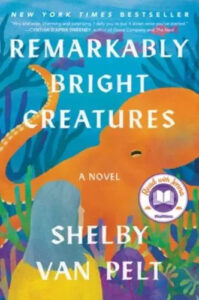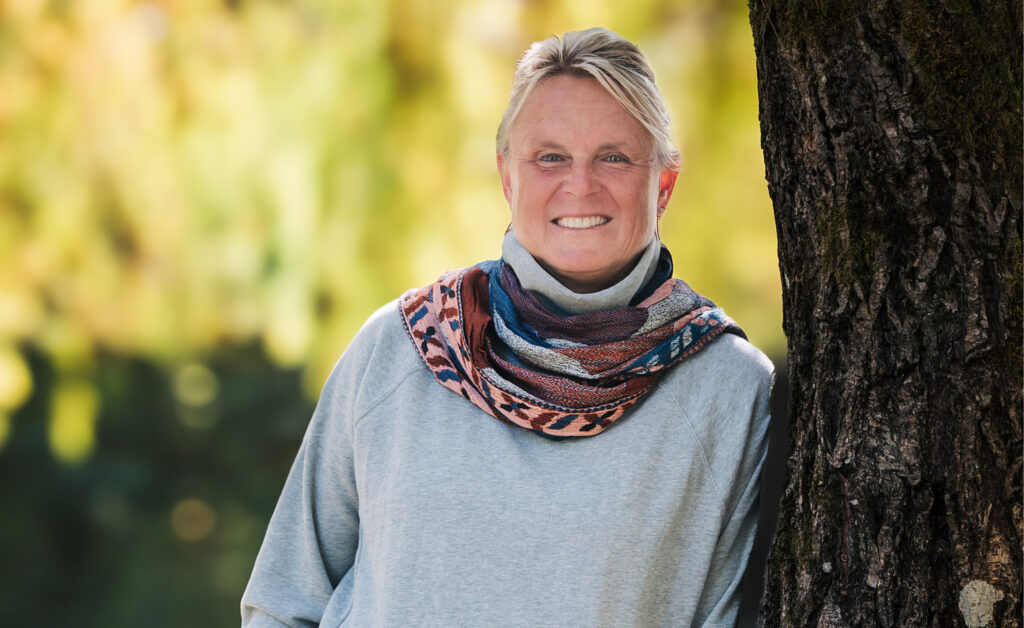by Jackie LaPlante –
There may be nothing more exciting for passionate readers than a book about words. This month found us deep inside the “scriptorium” of Pip Williams’ debut historical fiction novel The Dictionary of Lost Words.
Young, motherless Esme is permitted to spend her days beneath the tables at which her father works as a lexicographer, helping to compile the Oxford English Dictionary in the early 20th century. As some of the paper slips that contain the proposed words and their meanings fall from the table, Esme collects them, thus piquing her interest in words … and inspiring the dictionary she will eventually compile herself.
Author Pip Williams was intrigued by the fact that a certain word – bondmaid – had been omitted from the Oxford English Dictionary. She wondered what other words went undocumented and why Dr. James Murray, OED editor, and his team of lexicographers would make these decisions. Was it because these words related to women or to the poor and uneducated? Or because words mean different things to different classes and genders of people?
With several real-life characters providing the bones of the story, Esme matures and experiences the societal events of the era: the bold actions of the suffragette movement, the difficulty and shame of bearing a child out of wedlock, the sudden absence of male employees as they went to serve in WWI, and conscientious objectors and PTSD. The ambitious historical scope took the story from what many readers found a slow and overly descriptive start to a surprisingly quicker-paced finish. We appreciated the concise characterizations, especially that of Mabel, the rough, uneducated market vendor who intrigued Esme with her wealth of female-centric and often risqué vocabulary.
As Esme’s word collection increases, the question of the male-driven compilation of the dictionary becomes critical. Esme, herself now a lexicography assistant, has her words rejected either because they are unimportant to men, or because their usage by a male cannot be proven. One reader cleverly suggested that situating young Esme under the table, where the cast-off words fell, mirrors the place of women in early 20th-century intellectual institutions, and in society in general.
There was near unanimous appreciation of the book despite our wish for a more polished writing style, and it was pronounced entirely recommendable.
 Our next meeting takes place on Tuesday, July 11 at 6:30 p.m. at the Sidney/North Saanich Library. We’ll be discussing Remarkably Bright Creatures by Shelby Van Pelt. Please join us! Stay up to date with all things Book Club by signing up for our newsletter:
Our next meeting takes place on Tuesday, July 11 at 6:30 p.m. at the Sidney/North Saanich Library. We’ll be discussing Remarkably Bright Creatures by Shelby Van Pelt. Please join us! Stay up to date with all things Book Club by signing up for our newsletter:
www.seaside magazine.ca/book-club.



